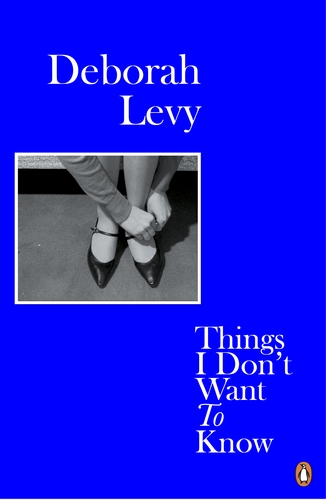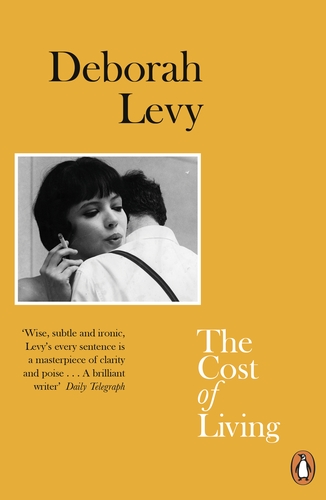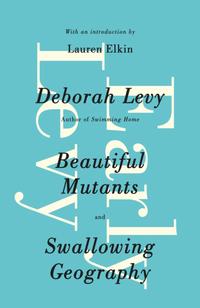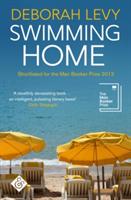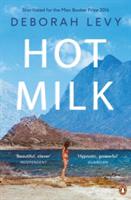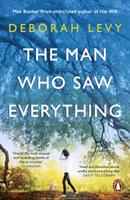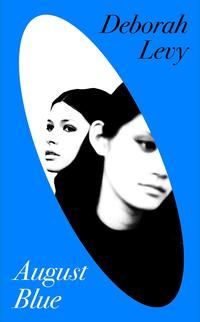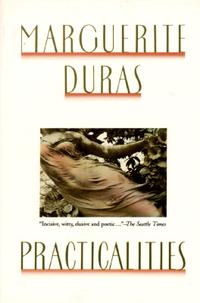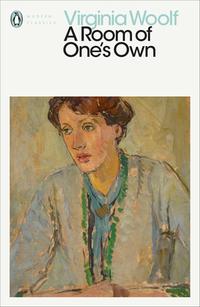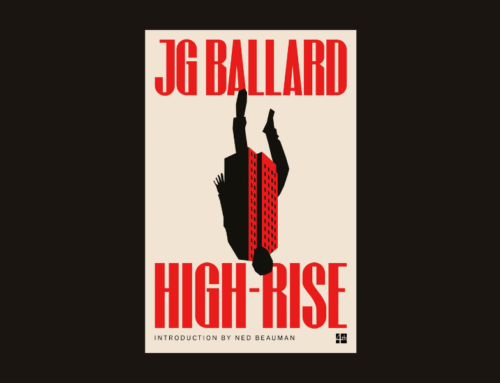By Dr. Otto Bleker
To be honest, I had never heard of her name before Nathalie Wouters’ article “Wisdom arrives by the years,” was published in the monthly July 2023 NRC magazine.
Levy wrote for the theatre, wrote short stories and published her first novel Beautiful Mutants in 1987. In 2012, she was nominated for the Man Booker Prize for her novel Swimming Home, which was the break through acknowledgement of her talents, which never ended. Other novels followed: Hot Milk, The Man Who Saw Everything, and, last year, August Blue.
Her three autobiographic volumes—Things I Don’t Want to Know (2013), The Cost of Living (2019) and Real Estate (2021)—are excellent introductions to her development into a fascinating writer and leading feminist writer; feminist against the dominate position of males in society, even in the arts, and in individual relationships and sex.
In the first volume, already being a writer, she describes her definite choice to becoming a feminist writer. Being in Palma on Majorca, she read Georg Sand’s A Winter in Majorca. She also read and cites Adrianne Rich, who said: “No woman is really an insider in the institutions fathered by masculine consciousness.”
Other essential sources for becoming a supporter for women’s independence were Marguerite Duras’ Practicalities and Simone de Beauvoir’s Circumstances, Vol. III., and Virginia Woolf’s A Room of One’s Own.
Another essential source of her early independence and writing is her youth in South Africa, where she was born in 1959 to a white couple, both members of the African National Congress of Mandela, and opponents of apartheid. From age five until nine, she missed her father, who was in jail, and was even heavily tortured.
She had the spirit to oppose illegal orders at basic school, and was subsequently physically punished by the headmaster, which makes her leave the school for good. Two months after her father’s return to the family, they left for the United Kingdom, where her parents later divorced.
Beyond any doubt these events also influenced her later life and authorship. Remarkably, where she writes her novels rather compactly, making readers reread a page not to miss essential events, her style of writing in her biographies is rather loose and very personal; we get to know her more intimately.
At the end of her stay in Majorca, she realized that the question she had asked herself while writing Swimming Home, was (as surgeons say) very close to the bone: “What do we do with knowledge that we cannot bear to live with? What do we do with the things we do not want to know?”
She told a befriended shopkeeper that “to become a writer, she had to learn to interrupt, to speak up, to speak a little louder, and then louder, and then to just speak in her own voice which is not loud at all.”
In short, the die was cast for Levy to be a feminist writer.

